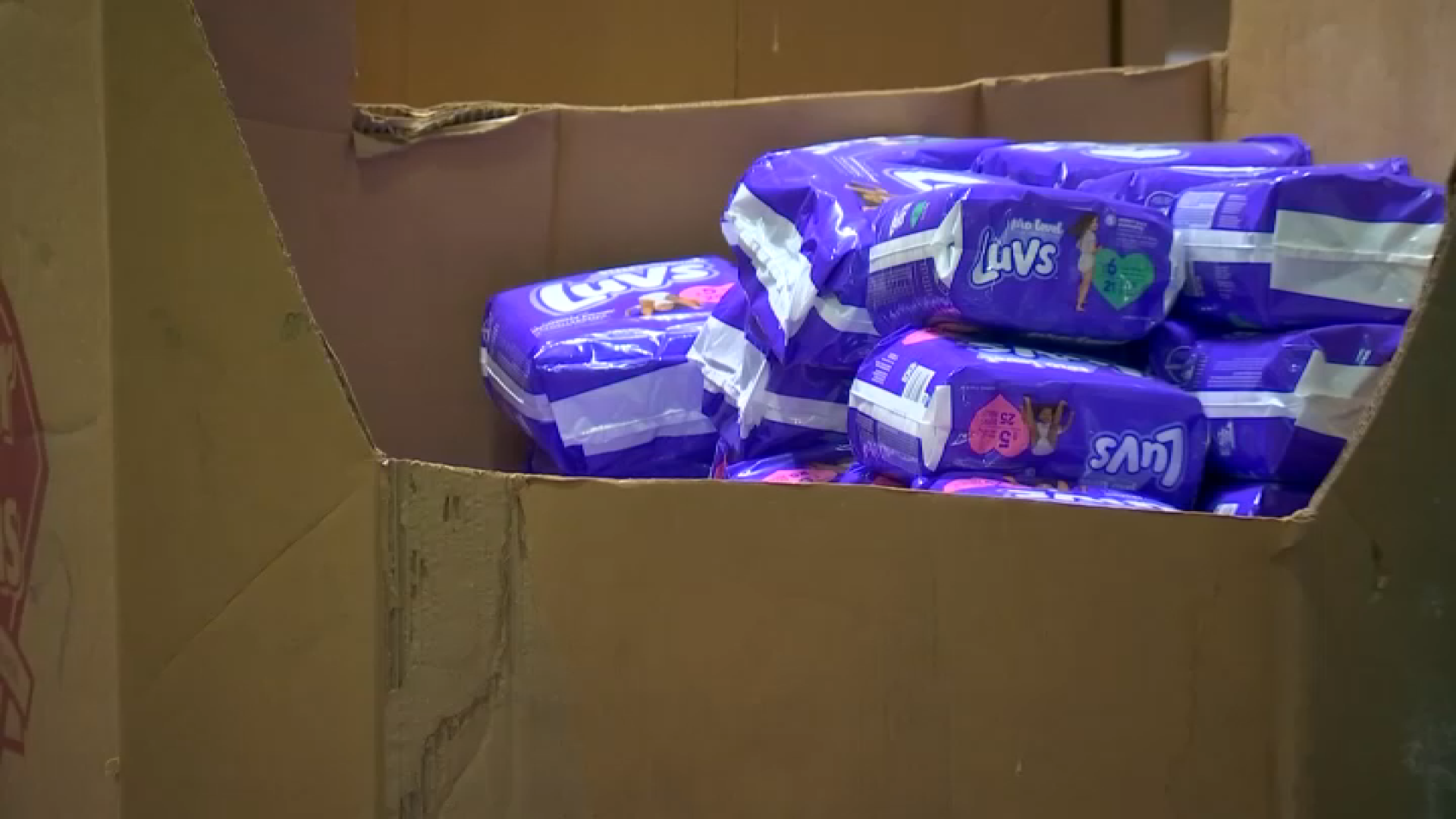Attorneys for supporters and opponents of same-sex marriage presented arguments Tuesday in an historic U.S. Supreme Court hearing that stems from the long-running legal battle over California's voter-approved Prop 8.
Prop 8 Hearing: Audio | Transcript
The Justices will now consider the legality of Proposition 8 -- California's ban on same-sex marriage -- with a ruling possible later this year. The hearing came after the Supreme Court granted the review of Prop 8 and the Federal Defense of Marriage Act in December.
"It's now in the hands of the Supreme Court," said attorney David Boies, representing opponents of Prop 8, after the hearing. "It's been a long journey here. We're all greatly encouraged."
Charles Cooper, attorney for proponents of Prop 8, said the court asked "measured questions of both sides" during the arguments, which lasted about one hour.
"There's no way to sum up my argument in a couple of sentences," Cooper said. "We believe Proposition 8 is Constitutional. The place for the decision of redefining marriage to be made is with the people, not with the courts."
A ruling on Prop 8 is not expected until July, and several outcomes are possible -- including no ruling at all.
Local
Get Los Angeles's latest local news on crime, entertainment, weather, schools, COVID, cost of living and more. Here's your go-to source for today's LA news.
Read: The Supreme Court's Options | Full Coverage: Prop 8
The ban could be upheld, or the Court could strike down Prop 8 -- either on grounds specific to California or a broad ruling that applies to all states. Thirty-eight states prohibit same-sex marriage, either through legislation, ballot measures or state constitutional amendments.
Nine states -- Connecticut, Iowa, Maine, Maryland, New Hampshire, New York, Massachusetts, Vermont and Washington -- and Washington D.C. allow same-sex marriages. A ruling that involves a "nine-state solution" is another possible ruling.
The Court also could decide the Prop 8 backers lack standing to appeal a trial court's ruling that struck down the ban, but how that would impact the status of same-sex marriage in California is not immediately clear.
Several justices expressed doubt that the case should be before the court, according to the Associated Press. Justice Anthony Kennedy said he feared the court would go into "uncharted waters'' if it embraced arguments advanced by same-marriage supporters and suggested the court could dismiss the case with no ruling.
Supporters and defenders of Prop 8, some of whom assembled outside the Supreme Court early this week, were present during Tuesday's hearing. Hundreds waited outside the U.S. Supreme Court early Tuesday amid cold conditions in anticipation of the federal court's first serious look at the issue.
"This case has been about securing the right to marry the person I love and also having the equal access to the most important relationship that I know in life, and that's marriage," plaintiff Paul Katami, of Burbank, said Tuesday outside the high court. "I cannot wait to start my family with Jeff."
Katami and his partner, Jeff Zarrillo, are one of two couples fighting for same-sex marriage rights. They were represented by attorney Theodore Olson, a former Reagan Administration advisor who defended President George W. Bush during the re-count battle before the Supreme Court after the 2000 election.
Olson represented Zarillo and Katami, and Kris Perry and Sandy Stier, of Berkeley, in the Prop 8 case, also known as Hollingsworth v. Perry.
"We're not out to redefine marriage or topple the institution," said Zarrillo. "We're out to be a part of it."
Defenders of Prop 8, represented by Cooper, claim the federal government should leave the definition of marriage up to individual states. Cooper is a former Reagan-era Justice Department lawyer.
"The institution of marriage and marriage laws are designed to attach mothers and fathers to each other and to the children that they may create and raise in the best environment," said Austin Nimocks, of the Center for Marriage and Family.
How Prop 8 Landed in the Supreme Court
The justices will consider a ruling by a San Francisco-based appeals court that struck down the voter-approved ban. The court ruled the state could not take away the same-sex marriage right granted by the state Supreme Court before the 2008 election.
The debate stretches back years through court cases and elections, including the March 2000 approval of Prop 22, which defined marriage in California as between a man and a woman. That law was ruled unconstitutional by the state Supreme Court in May 2008, and an estimated 18,000 same-sex couples were married during a brief window before Prop 8's approval in the November election that year.
California's same-sex marriage ban was left in effect during the lengthy appeals process that followed. The legal battle included a landmark 2010 same-sex marriage trial in which Chief U.S. District Judge Vaughn Walker ruled the ban unconstitutional. Walker said the law "both unconstitutionally burdens the exercise of the fundamental right to marry and creates an irrational classification on the basis of sexual orientation."
After appeals by Prop 8 supporters who said voters should not be invalidated "based on just one judge's opinion," a San Francisco court ruled in a 2-1 decision in November 2012 that the Walker's ruling properly interpreted the U.S. Constitution. The court ruled that the ban's "only effect was to take away that important and legally significant designation."
As attorneys argued over the issue in court, public attitudes toward same-sex marriage shifted. In 2001, 57 percent of Americans opposed same-sex marriage, according to the Pew Forum on Religion and Public Life. In a poll conducted in March 2013, 49 percent of Americans said they support same-sex marriage.
A second case before the high court challenges the Defense of Marriage Act -- also known as DOMA. The act blocks federal recognition of same-sex couples in states where they are allowed to marry.
President Barack Obama called the law enacted in 1996 unconstitutional. Arguments in the DOMA case are scheduled for Wednesday.



